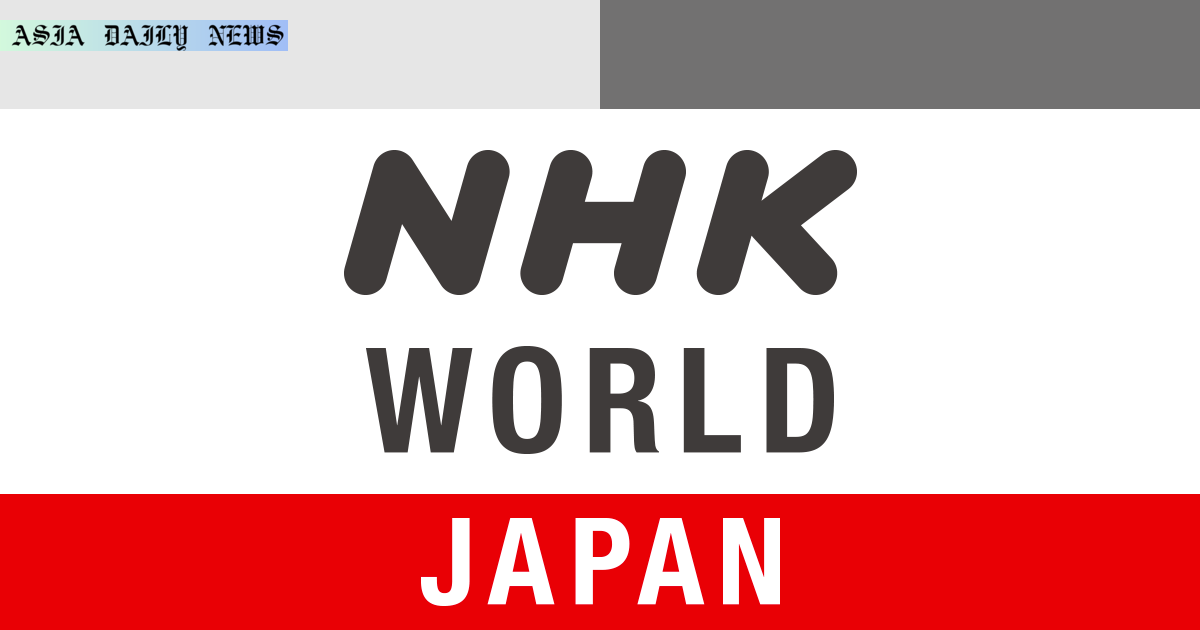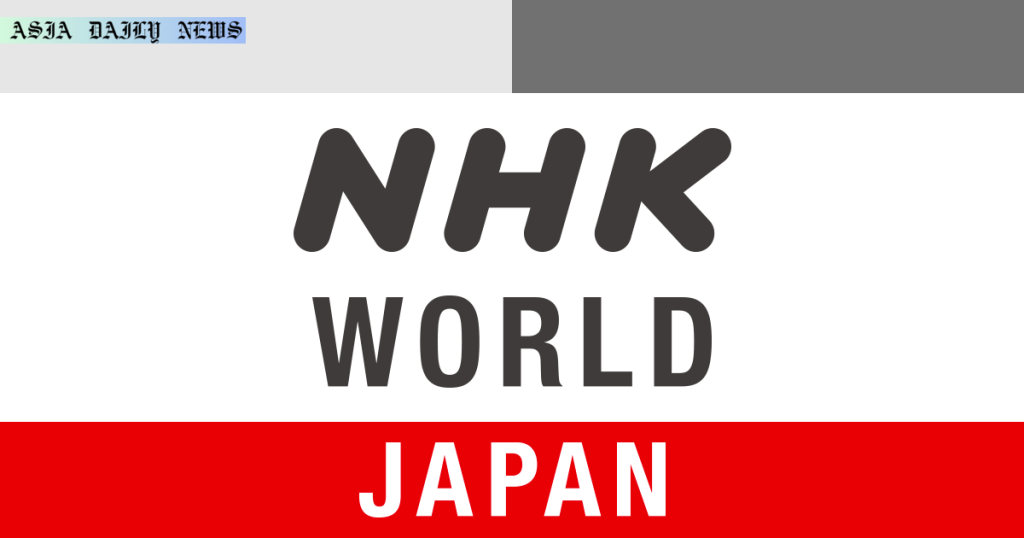Myanmar military announces lifting of state of emergency, possibly paving the way for democratic elections but raising doubts on legitimacy.
- Myanmar military has officially ended the state of emergency.
- Possible move towards elections, but doubts of fairness persist.
- Resistance from opposition and ethnic-minority groups continues.

Myanmar Military’s Surprising Move to End State of Emergency
The military government of Myanmar made an unexpected announcement on Thursday that it is lifting the state of emergency imposed in the wake of its February 2021 coup. This sudden declaration was made following deliberations at a National Defense and Security Council meeting. The junta’s decision comes amid increasing internal and external pressure for a return to civilian rule, though skepticism abounds regarding the legitimacy and intentions behind this gesture.
Min Aung Hlaing, the head of Myanmar’s military government, reaffirmed his commitment to holding elections in December. However, opposition parties and pro-democracy activists remain unconvinced that these elections would foster genuine democratic change. Many believe that any vote organized by the military will likely be riddled with manipulation and a lack of transparency. Indeed, the persistent conflict between the junta and ethnic minority groups—along with widespread civil resistance—poses serious obstacles to smooth democratic transitions.
The Implications of Lifting the State of Emergency
The military’s decision to lift the state of emergency brings a sliver of hope for those yearning for a more democratic Myanmar. By declaring an end to the emergency, the ruling junta technically fulfills one of the prerequisites for holding elections. This also signifies the potential reduction of repressive laws that were imposed under the guise of emergency measures, including martial law and restrictions on media and public demonstrations.
However, this optimism is tempered by the lived reality of Myanmar’s citizens. Since the coup, the country has faced severe political instability, with opposition groups leading determined resistance efforts against military rule. Critics argue that the junta’s persistence in staying in power, despite claiming to prepare for elections, reflects a pattern of manipulation designed to retain control while offering the illusion of democracy. Adding to these worries are reports of widespread human rights violations enacted as part of the junta’s crackdown on dissenting voices.
Broader Context: Myanmar’s Path to Elections
Myanmar’s political context is further complicated by its fragmented and polarized nature. Ethnic minorities, who constitute a significant portion of the country’s population, have long demanded autonomy and equal representation. The military’s centralization of power has historically marginalized these groups—a problem that has only deepened since the coup. Public trust in the military, already low before 2021, has since plummeted, posing challenges for any attempts at reconciliation or credible elections.
Another layer of complexity lies in the economic hardship faced by the nation. Sanctions imposed by the international community in response to the coup have battered Myanmar’s economy, exacerbating poverty and unemployment. As military leaders face increasing external criticisms and faltering domestic support, their willingness to hold fair and inclusive elections becomes increasingly questionable. If they fail to gain legitimacy, the cycle of unrest and instability may continue to hold Myanmar back.
Outlook for Myanmar’s Democratic Revival
While the lifting of the state of emergency is a step forward, Myanmar is far from achieving the democracy it desires and deserves. The upcoming months will be crucial in determining the country’s trajectory. For the elections to serve any meaningful purpose, substantial reforms are necessary. This includes ensuring inclusivity, fostering political pluralism, and addressing the grievances of various stakeholders, especially marginalized ethnic groups.
The international community has a critical role to play in facilitating and monitoring these developments. Diplomatic pressure, coupled with humanitarian aid, could be instrumental in ensuring Myanmar’s authorities are held accountable while providing support to the people. However, lasting change will ultimately depend on the willingness of Myanmar’s military to relinquish its grip on power and prioritize the national interest over its vested concerns.




Commentary
Lifting the Emergency: Genuine Progress or Political Theater?
The recent decision by Myanmar’s military to lift the state of emergency raises profound questions about its true intentions. On the surface, this could be viewed as a significant step toward restoring civilian rule and preparing the nation for elections. Yet, understanding the context and complexities surrounding Myanmar’s current predicament invites skepticism rather than unbridled optimism.
The Trust Deficit Between the Military and the People
One major concern lies in the glaring trust deficit between the junta and the public. For over two years, Myanmar’s citizens have endured political repression, violence, and economic instability under a regime that seized power undemocratically. Opposition groups, particularly pro-democracy activists and ethnic minorities, continue to challenge the validity of any electoral process driven by a military that has shown little regard for transparency or fairness.
Moreover, the lifting of the emergency does not directly address the structural flaws in Myanmar’s political landscape. Without inclusive reforms, the prospect of meaningful elections remains bleak. Whether the military plans to use elections as a smokescreen to legitimize its authority is a question that remains unanswered.
The Role of the International Community and Civil Resistance
The international community must approach this development with cautious optimism. While encouraging any move toward democracy, global leaders should amplify their support for Myanmar’s civil society and opposition movements. The resilience of these groups serves as a beacon of hope for millions of citizens who continue to endure hardship in the fight for freedom.
The Path Forward: Hope Amid Challenges
As Myanmar moves into uncertain territory, both opportunities and risks lie ahead. The lifting of the state of emergency could be a gateway to progress but only if paired with genuine commitments to inclusivity and reform. For now, the onus remains on the military to prove its intentions are sincere rather than strategic, and on the international community to hold it accountable for its actions moving forward.